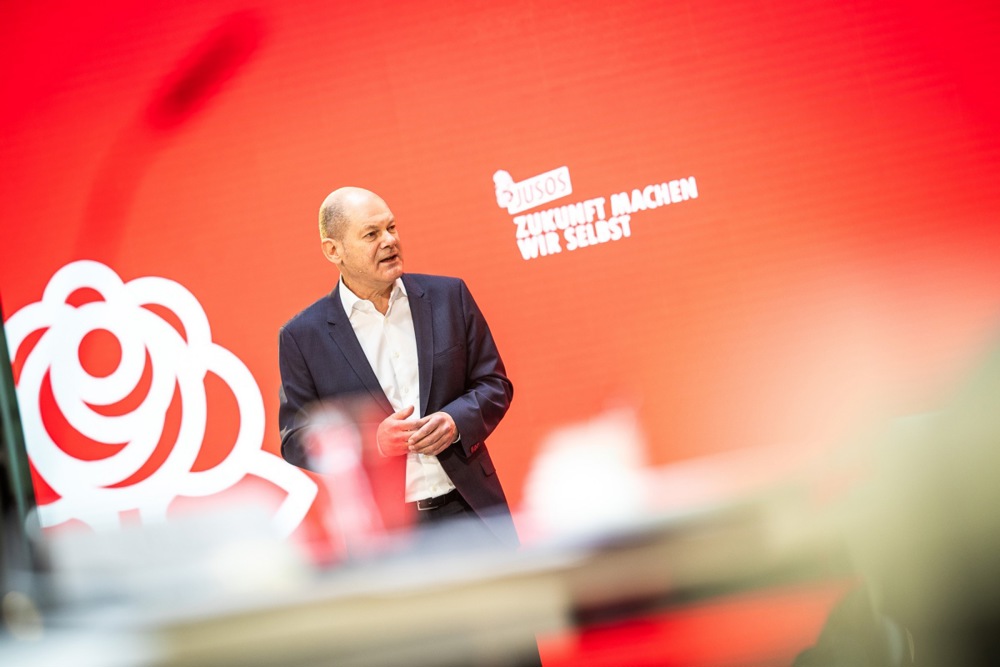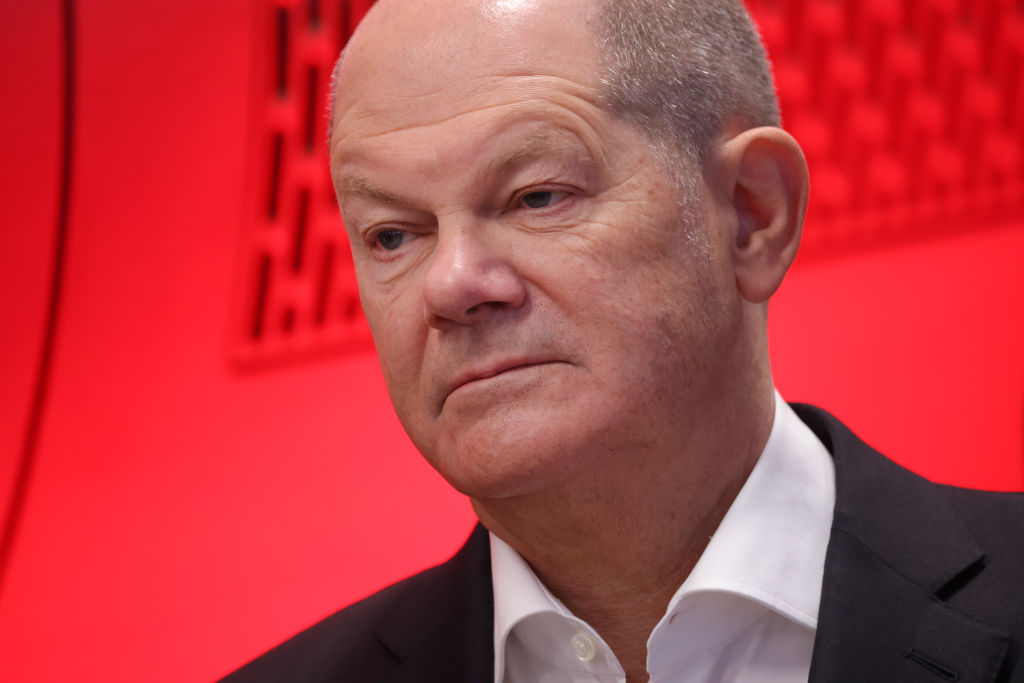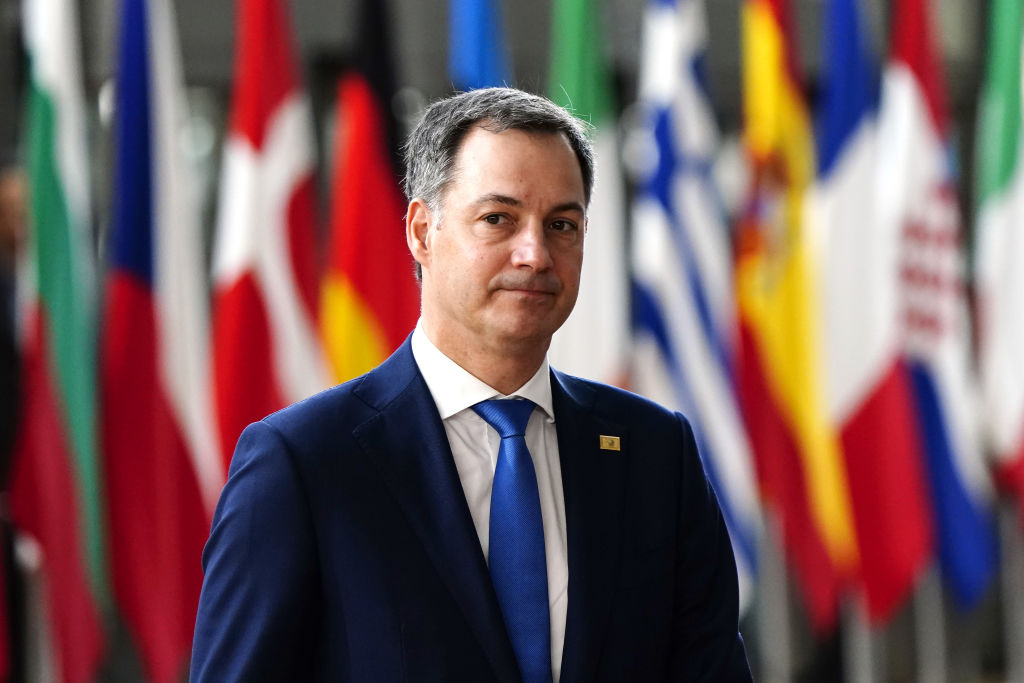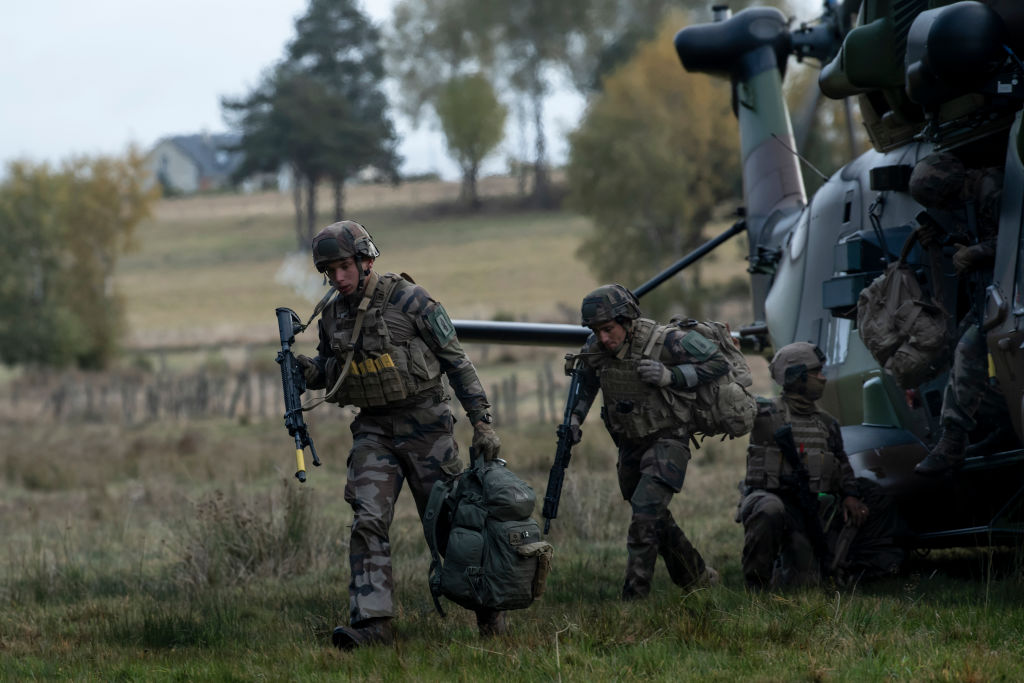European Union leaders have vowed to retaliate after it was revealed that Russia-linked actors launched a cyber-attack against Germany’s ruling Social Democratic Party (SPD) last year.
In a statement published on May 3, the Council of the EU vowed it would “make use of the full spectrum of measures” at its disposal to respond to the hacking attempt.
“The malicious cyber campaign shows Russia’s continuous pattern of irresponsible behaviour in cyberspace, by targeting democratic institutions, government entities and critical infrastructure providers across the European Union and beyond,” the Council press release read.
“The EU will not tolerate such malicious behaviour, particularly activities that aim to degrade our critical infrastructure, weaken societal cohesion and influence democratic processes,” it continued, before adding that Member States were communicating on possible ways of responding to the incident.
The European Parliament elections in June are at significant risk from Chinese online activists who already targeted the UK Parliament and its electoral register, cyber experts have told Brussels Signal.@ivana_karaskova | @MPIainDS https://t.co/RFzqu7gZCn
— Brussels Signal (@brusselssignal) March 26, 2024
The May 3 statement came after it was revealed by German authorities that Chancellor Olaf Scholz’s SPD was hit in a cyberattack last year.
The incident, which mainly targeted the emails of certain party members, is thought to have been undertaken by the APT28 group – more commonly known as “Fancy Bear” – which is believed to have links to the Kremlin.
Hackers are thought to have weaponised a then-unpatched glitch in Microsoft Outlook to launch their digital assault, with authorities reportedly unsure of what data, if any, was compromised.
“It cannot be ruled out that there was an outflow of data from individual email inboxes,” one spokesman for the SPD previously said, when the officially unattributed hack was first detected last year.
The hackers are also believed to have used similar methods against government institutions in the Czech Republic.
Speaking about the German incident, the country’s foreign minister Annalena Baerbock lashed out at Moscow, accusing it of directly targeting the nation.
“This is absolutely intolerable and unacceptable and will have consequences,” she vowed.
Nancy Faeser, the country’s Antifa-linked interior minister, described the attack as proving that Russia was a “threat to [German] democracy”.
“Under no circumstances will we allow ourselves to be intimidated by the Russian regime,” she said.
With European elections only two months away, and increasing worries about cyber threats, the European Commission has published recommended anti-disinformation measures for social media and search engines. https://t.co/hcPujA8pH5
— Brussels Signal (@brusselssignal) March 28, 2024





